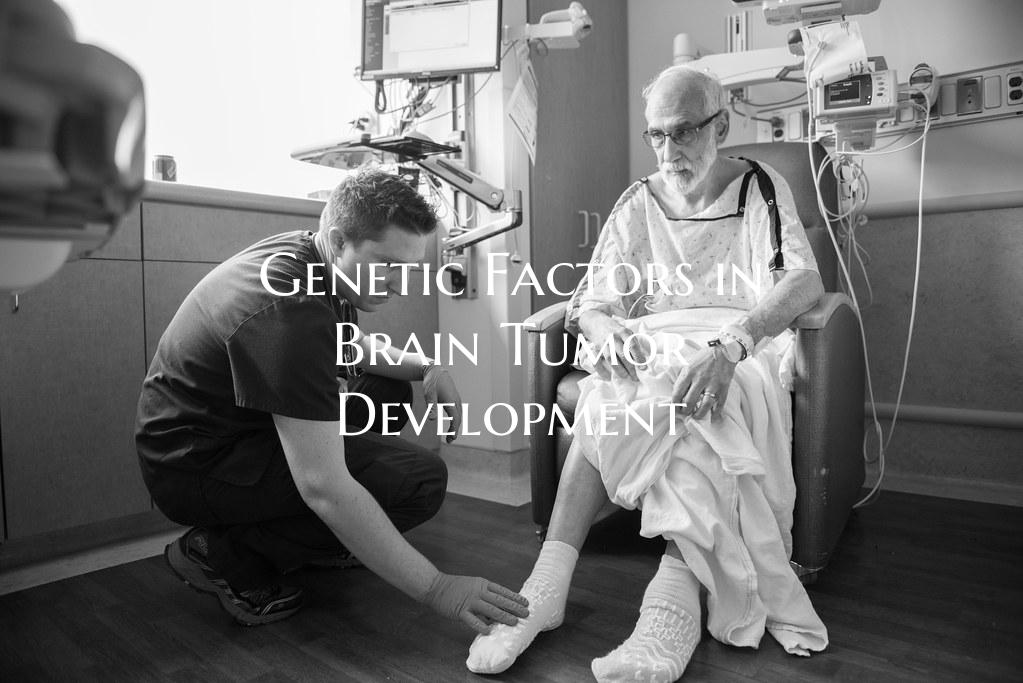
Genetic Factors in Brain Tumor Development
Brain tumors pose a significant challenge in the realm of medical science, affecting thousands of individuals worldwide. While the origins of brain tumors are complex and multifaceted, emerging research suggests that genetic factors play a crucial role in their development. Understanding the intricate interplay between genetics and brain tumor formation is paramount in advancing diagnostic techniques and treatment strategies for this life-altering condition.
Genetic mutations have been identified as key drivers in the initiation and progression of various types of brain tumors. In particular, mutations in specific genes have been linked to an increased susceptibility to certain types of brain tumors, providing valuable insights into the underlying mechanisms of tumor formation. For example, alterations in genes such as PTEN, TP53, and EGFR have been implicated in the development of gliomas, one of the most common types of brain tumors.
Moreover, advancements in genomic sequencing technologies have facilitated the identification of novel genetic markers associated with brain tumor development. By analyzing the genetic profiles of tumor cells, researchers can pinpoint specific gene mutations and alterations that drive tumorigenesis, paving the way for more personalized and targeted treatment approaches. This precision medicine approach holds great promise in improving patient outcomes and enhancing the efficacy of existing therapies.
Furthermore, studies have revealed the intricate network of genetic pathways that contribute to the growth and spread of brain tumors. By elucidating the signaling cascades and molecular interactions underlying tumor development, researchers can uncover potential targets for therapeutic intervention. Targeted therapies aimed at specific genetic vulnerabilities within tumor cells have shown significant promise in halting tumor growth and improving patient survival rates.
In conclusion, the role of genetic factors in brain tumor development is a burgeoning field of research with far-reaching implications for clinical practice. By unraveling the intricate genetic landscape of brain tumors, researchers and healthcare providers can gain valuable insights into the underlying mechanisms of tumorigenesis and pave the way for more effective diagnostic and treatment strategies. Ultimately, a deeper understanding of the genetic factors involved in brain tumor development holds immense potential for improving patient outcomes and advancing the field of neuro-oncology.